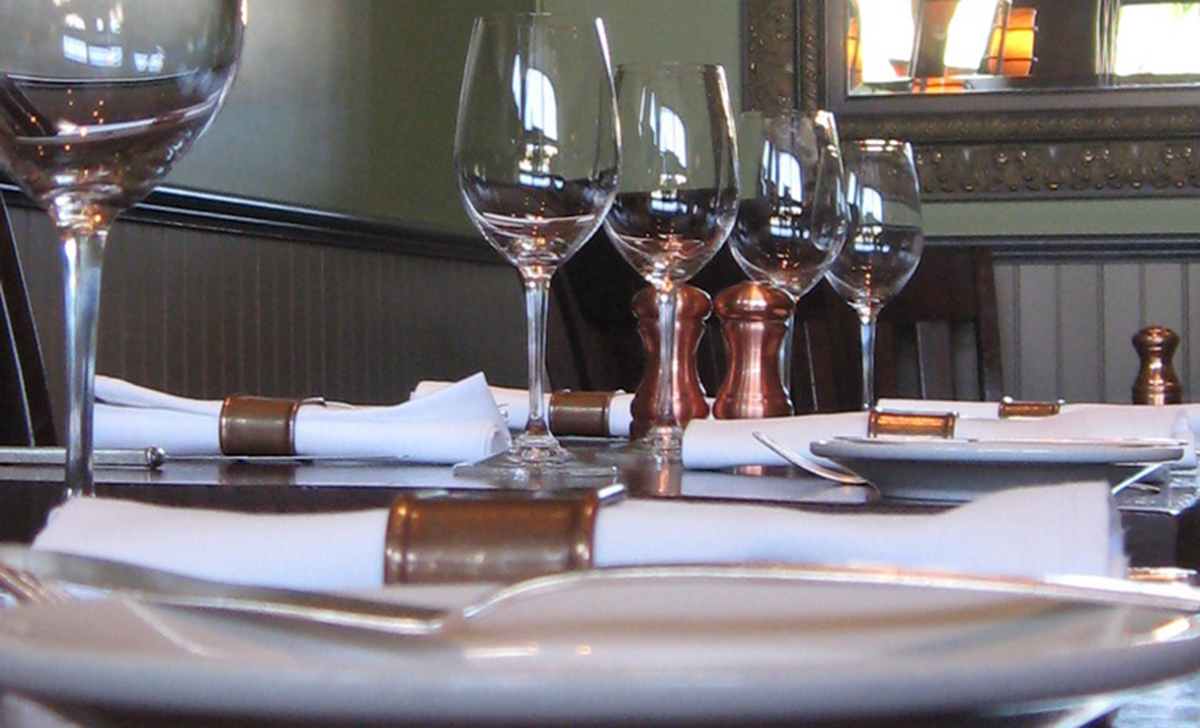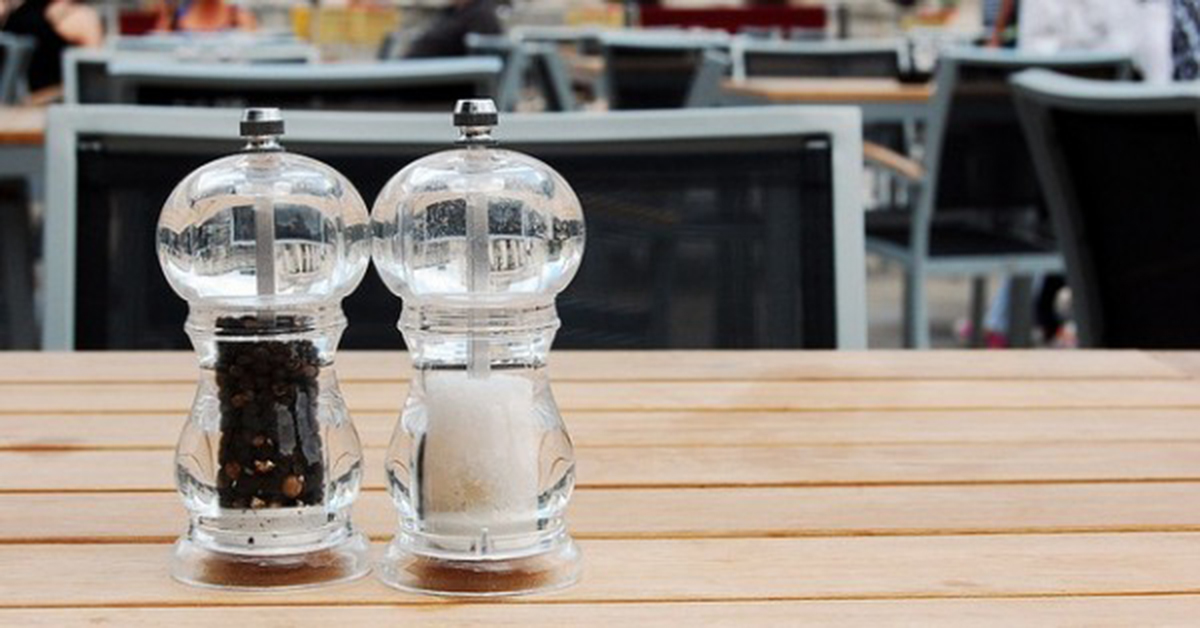All over the world, people are eating more and more of their meals in restaurants. Enjoying food and keeping control over diet goals, however, can be wrecked by 10 social and nutritional no-no's that ruin your meal and play havoc with your diet:
There's nothing quite like enjoying a plate of food professionally prepared for you by skilled cooks — so it's no surprise that Americans simply can't seem to get enough of restaurant meals. These meals can be relatively healthy and nutritious, but only if you take great care to ensure that you don't make the same common mistakes many people do. What should you avoid when eating at a restaurant?
1. Sitting anywhere you feel uncomfortable
Trendy, popular restaurants sometimes only offer small tables in cramped locations. Don't take a table you don't like, even if means you have to eat your meal elsewhere. If you are dissatisfied with your table, you will tend to look for satisfaction in the bread basket, the fried tortilla chips, and extra dessert.
2. Not thinking your meal through before you order
If the passing dessert cart carries a treat you know you won't be able to resist, don't fill up with freebies before you start your main course. If you are at an ethnic restaurant that does not serve anything "small," don't have a big bowl of soup or a large salad and a full entree. Think your whole meal through before you order. Balance heavy dishes with light dishes, and carbs with protein, to get a reasonably nutritious meal from your restaurant.
3. Listening to your server instead of your appetite
Waiters and waitresses are often told to "push" an entree on which the restaurant makes a high profit. Politely listen to your server as the special is described, but order what you want and what you planned to. If it's a good restaurant, every dish on the menu will be well prepared.
4. Not asking questions
If you can't read the menu, or if you aren't familiar with an ingredient, be sure to ask your server before you order. I was once served a barbecued cat in an authentic Asian restaurant, in Asia. Although I paid for my meal, I didn't eat it. In fact, I didn't eat anything else for about a week. When I complained to a native friend later, he told me, "Oh, ding qa qa translates into English as ding meow meow."People who have food allergies often need to ask about the ingredients in their dishes and to ask if the chef is sure their food will not contain the potential allergen, but other people can learn from their experience, too, by asking questions that will result in the food equivalent of "informed consent" at the doctor's office.
5. Ordering wine by the bottle rather than by the glass
If one diner is eating tofu, another is eating fish, and a third is dining on steak tartar, the three may be wonderfully open minded friends, but they are not likely to be able to agree on a wine to go with dinner. Ordering wine by the glass rather than by the bottle results in a lower tab and allows all the diners to enjoy the wines the want.6. Asking the kitchen to leave off a component of the meal
If you are allergic to a food, it's better simply to choose dishes that don't contain it, rather than to ask the kitchen to leave it out. Taking an ingredient out of a recipe usually does not result in a dish that tastes good.7. Salting your food before you taste it
Better restaurants don't even provide salt and pepper shakers. At the very least, taste your food before adding salt, unless you eat the same dish prepared by the same chef over and over again. And if you do, ask yourself why you always have to add salt!
8. Going to another table or to the bathroom just before a course is served
At better restaurants, the server will be watching to make sure you are at the table before each course is served. The kitchen may refire your food to make sure it is at just the right temperature when you return, or make the dish over to accommodate you. Do the restaurant a favor and don't leave your table just before a dish is served.9. Sharing one dessert
If you aren't on a diet or a budget, why not share two desserts so each of you can have a taste?10. Keeping your complaints to yourself
Every good restaurant strives for constant improvement. Politely sharing your concerns with your server helps them serve you and other customers better. Many restaurants will send over wine or a dessert or even comp a meal when a legitimate complaint is shared.- Adam Roberts, "10 Things That You Are Doing Wrong at Restaurants," HuffingtonPost, accessed 2 August 2011.
- Photo courtesy of put the needle on the record on Flickr: www.flickr.com/photos/put_the_needle_on_the_record/5420779466/
- Photo courtesy of southpaw2305 on Flickr: www.flickr.com/photos/southpaw2305/3668946212/

